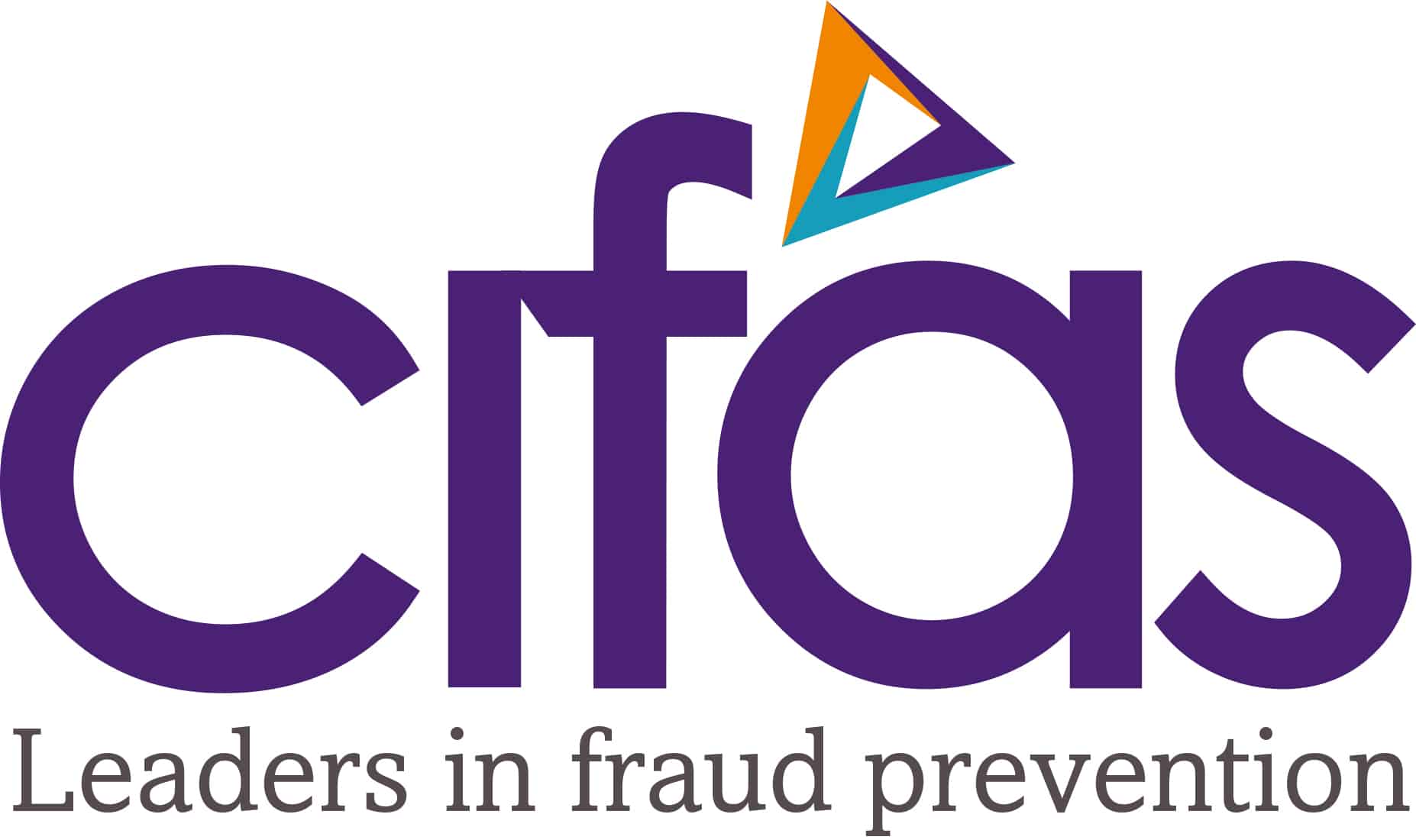
Warnings have been issued after fake emails and texts were sent by scammers claiming to offer discounts on energy bills as the cost of living crisis bites.
One of the scams – often appearing in work emails – appears to be from the government-backed independent watchdog Ofgem.
The government recently announced that a £400 energy bill discount will be available to all UK households.
People were reassured that this will come automatically and they should not give away personal details in order to apply.
Bills for gas and electricity have been rising sharply with worries they could rise further.
But ministers have since sought to reassure consumers energy bills will be capped at £2,500 annually until 2024.
The scams invite people to apply for the £400 “non-repayable discount” and instruct the recipient to follow a link to a fake Ofgem website to then provide personal details.
It urges recipients to set up a direct debit in order to receive the paymnets.
An Ofgem spokesman said: “It is alarming that vulnerable customers are being preyed upon in this way when people are already struggling so much.
“On top of issuing our own warnings and advice, we have asked all energy suppliers to ensure clear and up-to-date information on scams is easily accessible on their websites.
“We take these attempts to exploit consumers very seriously.”
According to the BBC, sites sending out scam messages that have been identified are:
energy-bill-online.com
myenergybillonline.com
rebate-ogem.com
totalsolutions24-7.co.uk
National Fraud Intelligence Bureau has received 1500 reports about scam emails purporting to be from Ofgem about energy rebates.
Detective Chief Inspector Hayley King, City of London Police, said: “If an email is genuine, the company will never push you into handing over your details.
“All of the reported emails display the email subject header ‘Claim your bill rebate now’ and the criminals behind the scam are using the Ofgem logo and colours to make the email appear authentic.”
Amber Burridge, Head of Intelligence for fraud prevention body, Cifas, said: “Criminals are using a variety of ways to target unsuspecting victims in order to steal money and personal information that can be used to commit fraud.
“Remember that no matter how an offer comes to your attention, there are very few occasions where there is a legitimate need to hand over your bank details.”